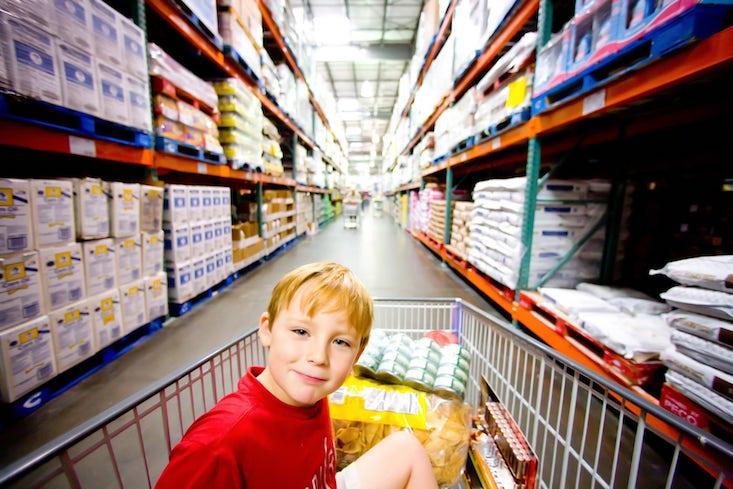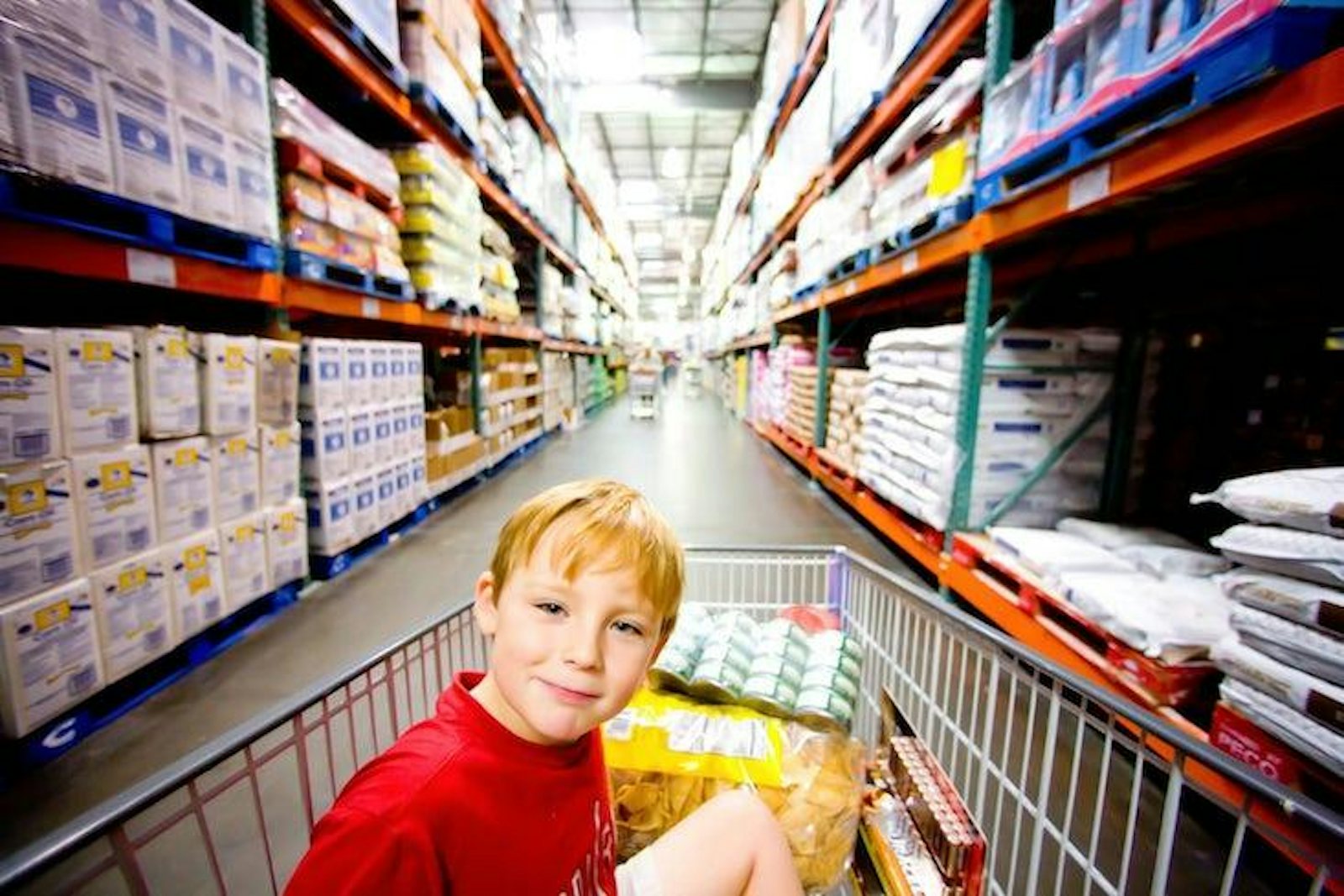
Plants have their own form of money: carbon dioxide. For decades, our fossil fuel industry has been artificially inflating their currency. What happens to plants during inflation—when CO2 levels in the atmosphere rise?
The same thing that happens if you drop money from the sky over Times Square, leaving everyone there with $1,000 in their pockets, says Hope Jahren, a geochemist and geobiologist at the University of Oslo, and author of Lab Girl, a personal memoir of her life in science.* “Some people would save it; some people would run out and buy clothes; some people would gamble it away within 5 minutes,” she told Nautilus editor in chief Michael Segal. Plants face similar choices. “Some build a bunch of new leaves; some make a bunch more flowers; some shunt it into their roots; some stop making defense compounds. I call that the Costco effect. If you go buy 100 rolls of toilet paper, you’re going to use toilet paper at your house very differently than if you’re buying it roll by roll. So plants, if it’s that easy to make a new leaf, you’re going to treat the ones you have very differently, if that sugar is just coming in free.”
Not having to endure costs radically changes behavior, in humans and in plants. “It’s a different world when money is free,” Jahren said, “and thinking about a world where plants operate utterly unconstrained by that particular resource is very interesting.” To see why, watch the video below.
Brian Gallagher is the editor of Facts So Romantic, the Nautilus blog. Follow him on Twitter @bsgallagher.
* You can read our excerpt of Hope Jahren’s memoir, Lab Girl, here.






























